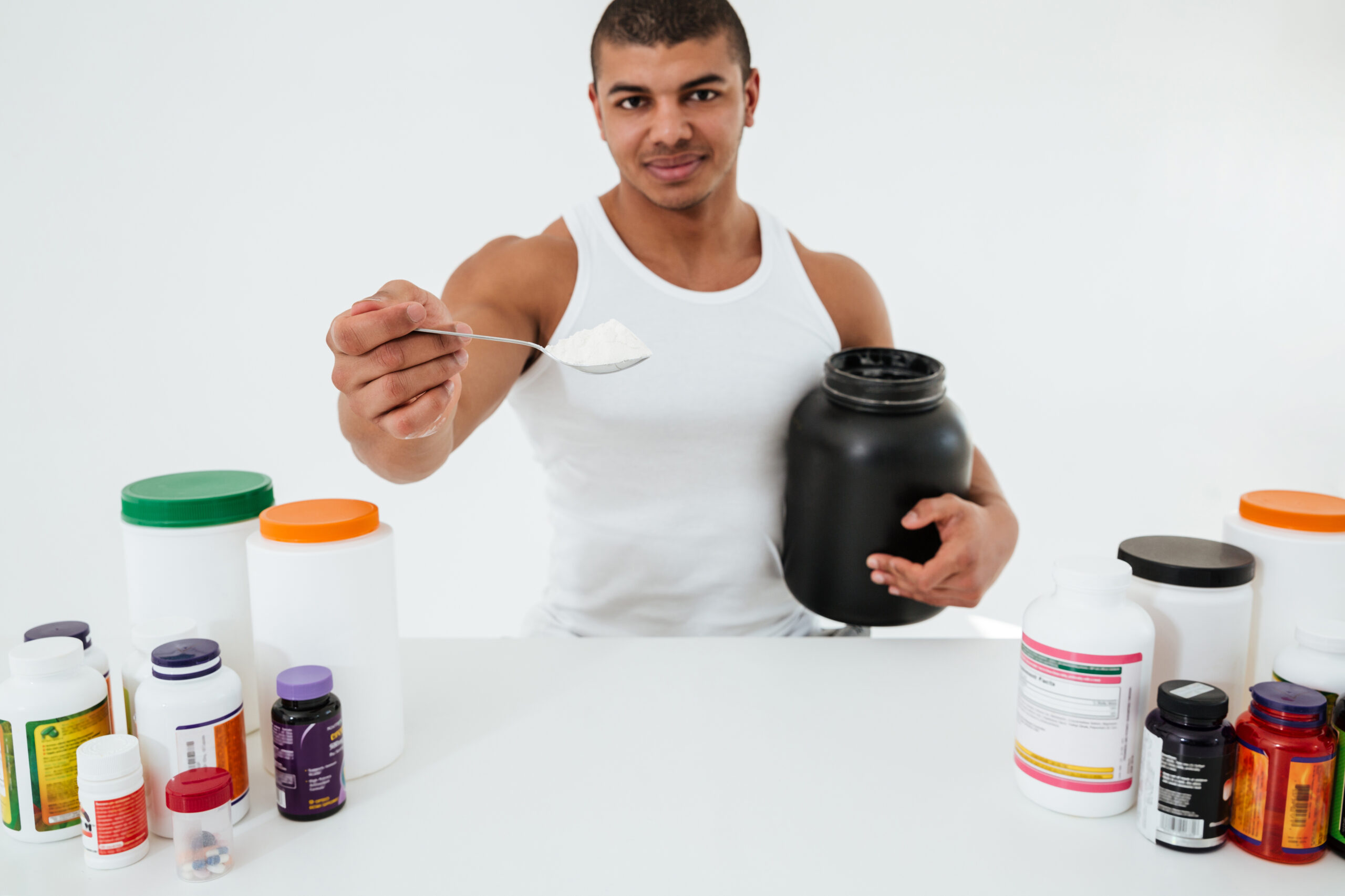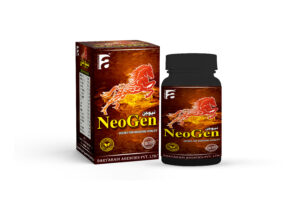The Science Behind Herbal Supplements: Understanding How They Work for Men’s Health
Introduction:
Herbal supplements have been used for centuries in traditional medicine systems around the world to promote health and well-being. With the rise in popularity of natural remedies, there has been growing interest in understanding the science behind herbal supplements and how they work to support men’s health. In this blog post, we’ll explore the scientific principles underlying herbal supplements, their mechanisms of action, and their potential benefits for men’s health.
DISCLAIMER: The information provided in this blog is for educational and informational purposes only and is not intended as medical advice. The content is not intended to diagnose, treat, cure, or prevent any disease. Readers are advised to consult with a qualified healthcare professional regarding their specific health concerns and before starting any herbal remedies or health regimen. While every effort has been made to ensure the accuracy and completeness of the information presented, the author and publisher assume no responsibility for any errors or omissions. The use of herbal remedies and traditional medicine should be undertaken with caution and under the guidance of a qualified healthcare practitioner, especially for individuals with pre-existing medical conditions or those taking medications. The inclusion of specific herbs or formulations in this blog does not imply endorsement or recommendation. Individual responses to herbal remedies may vary, and it is important to consider individual health needs and sensitivities. Always read product labels and instructions carefully before use. By accessing and using this blog, readers acknowledge and agree to the terms of this disclaimer and release the author and publisher from any liability arising from the use or misuse of the information provided.
The Basics of Herbal Supplements:
Herbal supplements, also known as botanical supplements or phytomedicines, are dietary supplements derived from plants, herbs, or botanical extracts. These supplements contain bioactive compounds such as phytochemicals, vitamins, minerals, and antioxidants that are believed to have therapeutic effects on the body. Unlike pharmaceutical drugs, which are often synthesized in laboratories, herbal supplements are derived from natural sources and are considered complementary or alternative remedies for promoting health and wellness.
MECHANISMS OF ACTION:
The mechanisms of action of herbal supplements can vary depending on the specific plant or herb and its bioactive compounds. However, several common mechanisms have been identified that contribute to the therapeutic effects of herbal supplements:
Antioxidant Activity: Many herbal supplements contain antioxidants, such as flavonoids, polyphenols, and vitamin C, that help neutralize free radicals and reduce oxidative stress in the body. By protecting cells from damage caused by free radicals, antioxidants help prevent inflammation, support immune function, and promote overall health.
Anti-Inflammatory Effects: Certain herbs and botanicals have been shown to possess anti-inflammatory properties, helping reduce inflammation and pain associated with chronic conditions such as arthritis, cardiovascular diseases, and gastrointestinal disorders. Examples of anti-inflammatory herbs include turmeric, ginger, and boswellia.
Modulation of Enzyme Activity: Some herbal supplements exert their effects by modulating enzyme activity in the body. For example, saw palmetto inhibits the enzyme 5-alpha-reductase, which converts testosterone into dihydrotestosterone (DHT), a hormone implicated in conditions such as benign prostatic hyperplasia (BPH) and male pattern baldness.
Hormonal Regulation: Certain herbs and botanicals contain phytoestrogens, plant compounds that mimic the effects of estrogen in the body. Phytoestrogens can help regulate hormonal balance and alleviate symptoms of hormonal imbalances such as hot flashes, mood swings, and low libido in menopausal women.
Neurotransmitter Modulation: Some herbal supplements, such as St. John’s wort and kava kava, interact with neurotransmitters in the brain, such as serotonin and GABA, to exert mood-modulating and anxiolytic effects. These herbs are commonly used to alleviate symptoms of anxiety, depression, and stress.
POTENTIAL BENEFITS FOR MEN’S HEALTH:
Herbal supplements offer a wide range of potential benefits for men’s health, addressing various concerns such as sexual health, prostate health, cardiovascular wellness, cognitive function, and athletic performance. Here are some examples of herbal supplements and their potential benefits for men:
- Saw Palmetto: Saw palmetto is commonly used to support prostate health and alleviate symptoms of benign prostatic hyperplasia (BPH), such as urinary frequency, urgency, and nocturia. It works by inhibiting the enzyme 5-alpha-reductase and reducing the conversion of testosterone into DHT.
- Horny Goat Weed: Horny goat weed is a traditional Chinese herb used for its aphrodisiac properties and potential benefits for sexual health. It contains icariin, a compound that may help improve erectile function, increase libido, and enhance sexual performance in men.
- Ginseng: Ginseng is an adaptogenic herb that has been used for centuries in traditional medicine systems to promote vitality, endurance, and overall well-being. It may help improve physical performance, reduce fatigue, and support immune function in men.
- TRIBULUS TERRESTRIS: Tribulus terrestris is a plant extract commonly used to enhance athletic performance, increase muscle mass, and improve libido and sexual function in men. It is believed to work by increasing testosterone levels and enhancing testosterone signaling pathways in the body.
- ASHWAGANDHA: Ashwagandha is an adaptogenic herb that has been shown to help reduce stress, improve mood, and enhance cognitive function in men. It may also support testosterone production and promote overall hormonal balance.
CONCLUSION:
In conclusion, herbal supplements offer a natural and holistic approach to promoting men’s health and wellness. By understanding the science behind herbal supplements and their mechanisms of action, men can make informed decisions about incorporating these remedies into their health regimens. While herbal supplements can provide a range of potential benefits for men’s health, it’s important to consult with a healthcare professional before starting any new supplement regimen, especially if you have pre-existing health conditions or are taking medications. With the right guidance and knowledge, men can harness the power of herbal supplements to optimize their health and well-being for years to come.




